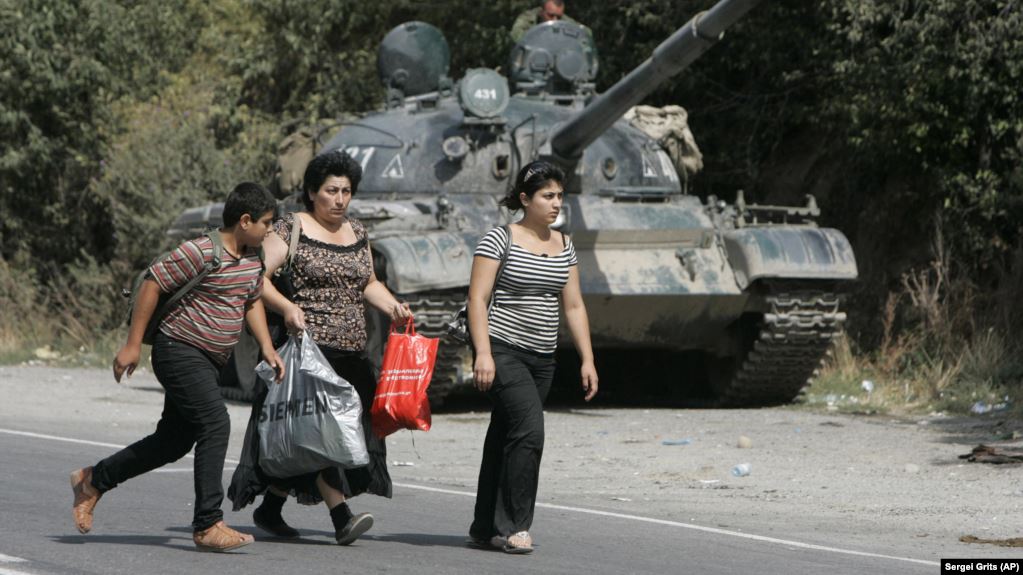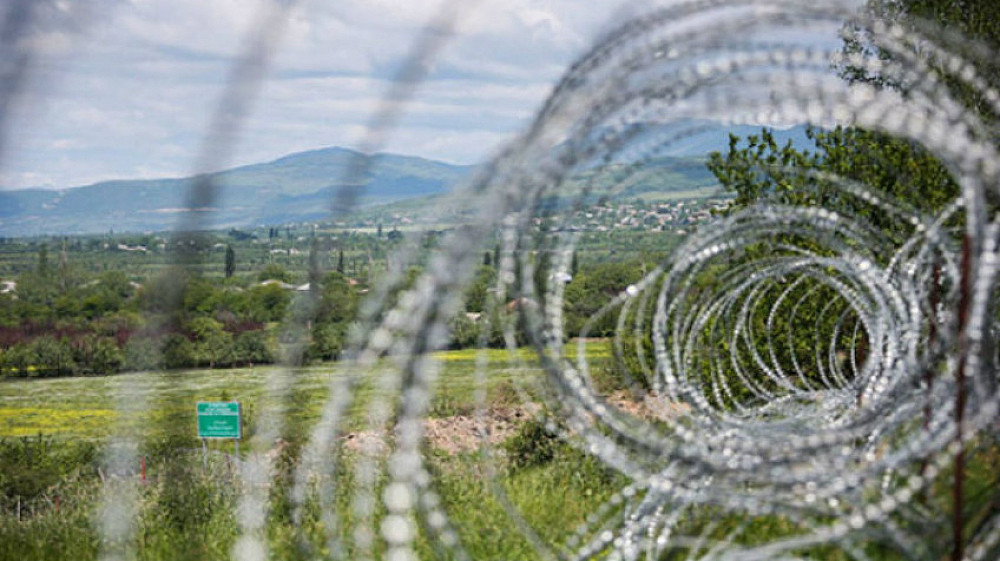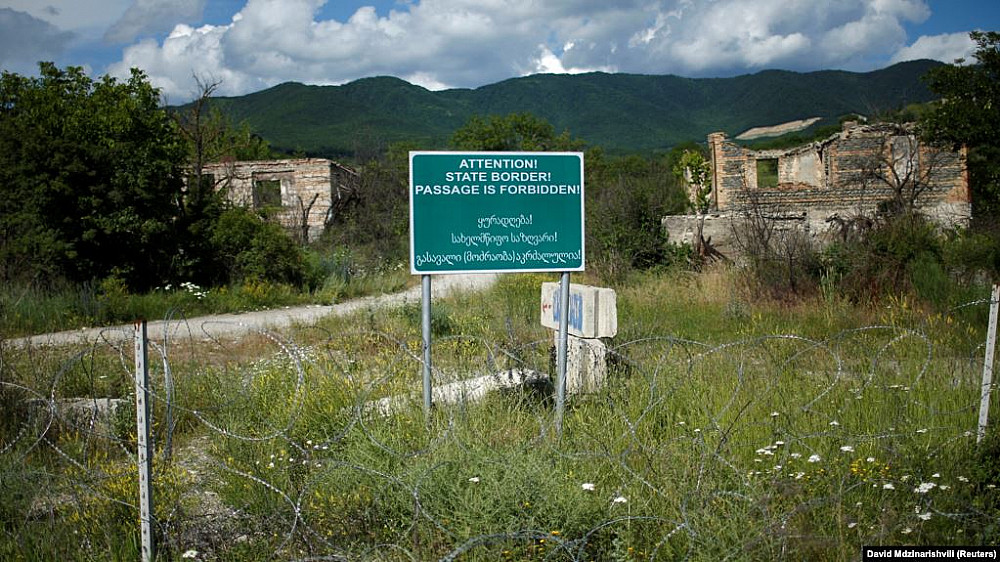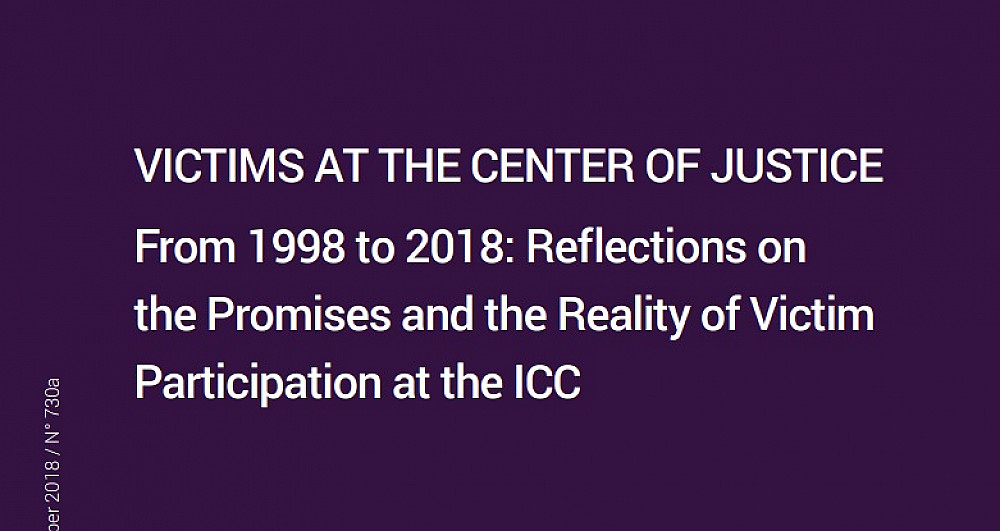
Zurabishvili’s quotations in the Hague, War and Justice
Salome Zurabishvili, Georgian Dream backed independent presidential candidate, wrote a book. The book was published in French language in Paris in 2008 and it tells stories starting from 2003 Rose Revolution till the entry of Russian tanks in Georgia in 2009. What was happening in between these two dates? The author observed the developments from “inside” and tells the story – the publishing house introduced Salome Zurabishvili’s documentary prose with these words.
Russia sent quotations from this book in their counter-appeal to the International Court of Justice in 2009, where Georgia had lodged appeal against Russia on August 12, 2008 and in which Georgia claimed violation of the UN Convention on the Elimination of All Forms of Discrimination by the representatives of Russia and South Ossetia during the August War, when they discriminated ethnic Georgians.
On October 22, presidential candidate of the political party European Georgia Davit Bakradze presented the extract from the 2009 counter-appeal of the Russian Federation to the Hague Court to journalists and stated: “It is a fact which proves that the occupant uses the opinions and views of Mrs. Zurabishvili to justify the occupation of Georgia and ethnic cleansing of Georgians in front of the Hague Court.” Davit Bakradze added that the statements of Zurabishvili are dangerous and harmful for the national security of the country and for the perspective of the Georgia’s future integration.
In its December 1, 2009 counter-appeal, Russia quoted the statement of the former foreign minister of Georgia Salome Zurabishvili that Georgia was increasing its military potential from the second half of 2007. European Georgia read the English translation of the quotation from the French book, which states that in 2007 Georgia increased procurement of expensive military equipment and military rhetoric and statements about forcible reintegration of the lost territories intensified.
Did the quotations from Zurabishvili’s book influence the decision of the ICJ?
Lawyer of the Georgian Young Lawyers’ Association Nino Jomarjidze cannot answer whether the quotations from Zurabishvili’s book used in the document presented by Russia influenced the decision of the ICJ. She said the 2011 decision of the ICJ, based on which Georgia’s appeal was rejected, was related with other reasons. “Yes, Russia really used some quotations from Salome Zurabishvili’s book in their document submitted to the ICJ but it must be noted that Georgia’s appeal was rejected for completely different reason – criteria of admissibility. As for the allegation that Georgians became subjects of ethnic discrimination from the side of Russian and Ossetian soldiers, the ICJ did not substantially consider it at all. The lawsuit could not pass the level of admissibility because requirements of one of the articles of the UN Convention on the Elimination of All Forms of Racial Discrimination was not met, which obliges any applicant country to conduct negotiations with the opposite state before appealing the ICJ. The Court determined that Georgia had not conducted similar negotiations with Russia,” Nino Jomarjidze told Radio Liberty.
As a result, in 2011, ICJ decided not to start substantial consideration of Georgia’s appeal against Russia. With 10 votes against 6, the Court ruled that “it is not authorized to consider the August 12, 2008 Appeal of Georgia.” The Chairman of the ICJ, Judge Hisashi Ovada made respective statement on April 1, 2011 during the public session. It was the end of the Georgia’s dispute against the Russian Federation in the International Court of Justice in 2011.
Blocked lawsuit
International Criminal Court of The Hague continues investigation of the August War.
… However, The Hague Court has not finished consideration, examination and investigation of the 2008 August War. The International Criminal Court of The Hague still investigates whether crimes against humanity and war crimes were committed during the 2008 August War.
OTP was carrying out preliminary investigation into the August war from August 2008 and it aimed to determine whether there was substantial ground to commence investigation. As a result of years-long preliminary investigation, in 2015 the OTP decided there were enough grounds to start investigation and the prosecutor petitioned the pre-trial chamber of The Hague Court to authorize OTP to commence investigation.
In 2016, the pre-trial chamber of the Court authorized the OTP to start investigation. The scopes of the investigation were also determined. OTP is investigating alleged war crimes committed in the time frame of July 1- October 10, 2008 in the territory of South Ossetia and which were allegedly committed by Georgian, Russian or Ossetian soldiers. Consequently, the investigation shall determine responsibility of concrete individual, who is, for example, responsible for bombing any town or for arbitrary detention of people. It must be noted that the International Criminal Court does not determine which party launched the war. Under its jurisdiction, the Court investigates only the responsibility of concrete individuals. At the same time, the Court determines the responsibility of only senior officials, for example, minister, military general, head of the headquarter, etc.
Although it is known what kind of information Russian Federation sent to the ICJ in 2009, nothing is known about the information provided by Russia to the ICC in 2008-2015. In that period, the parties had opportunity to send various materials to the OTP. Since 2016, when the ICC started investigation of the situation, Russia stopped cooperation with the Court.
Lawyer of the Georgian Young Lawyers’ Association Nino Jomarjidze told Radio Liberty that as The Hague Court clarifies the received information is confidential. “When we ask about the current status of the ongoing investigation, the OTP answers that the investigation is in progress and the process is confidential. We periodically meet representatives of the Hague Court both in the Hague and in Georgia, when OTP representatives arrive in Tbilisi and we always speak about the problems concerning the ongoing investigation with them.”
Nino Jomarjidze thinks that although the process is confidential, the war victims shall have some information about the ongoing investigation. She also believes that many victims and big part of the society does not know and do not have information about the mandate and activities of the Hague court: “Therefore, it is very difficult for them to decide how to get involved in the process and what results they may have from it. Whether they will benefit from it, and more. Besides that, when the Russian Federation does not cooperate with the Hague Court, there are risks that the ongoing investigation will not be as comprehensive as it could be if Russia cooperated with the investigation.”
What does ICC investigate and how?
International Criminal Court investigates the gravest crimes, such as genocide, crimes against humanity, war crimes and crime of aggression. The Court has been established based on Rome Statute and it has been functioning since 2002. The jurisdiction of the Court is to reveal the responsibility of concrete individuals and not the state responsibility. Unlike other international courts, such as European Court of Human Rights, it is not possible to address the ICC with the complaints on behalf of individuals or state. The Office of Prosecutor of ICC starts investigation in three cases: when the member state of the Rome Statute addresses the OTP and requests the opening of investigation, when the UN Security Council provides information to the OTP and third – the OTP starts investigation by own initiative. This is how investigation started in cse of Georgia.



